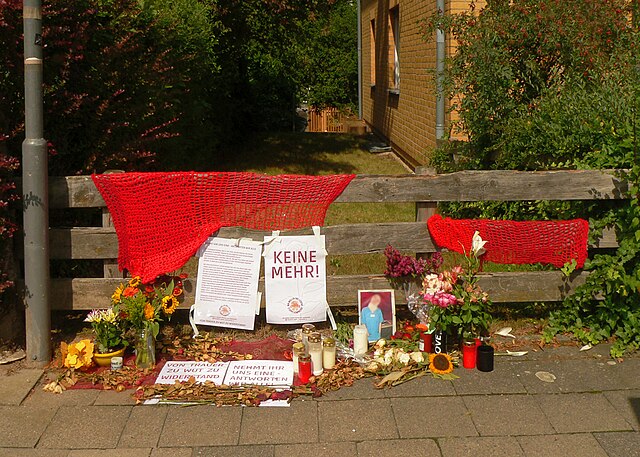To mark March 31st, the international Transgender Day of Visibility, affected people in Germany and elsewhere have demanded a revision of the so-called transsexual laws that have been in force for 40 years. In a corresponding position paper, the “Bundesverband Trans” (Federal Association Trans) has pointed out the reactionary nature of the regulations currently in force.
In particular, the effort that Trans people must make to change their gender is currently much too high. Instead of the current requirement of having to produce two legal assessments, the association demands that in the future the self-assessment of the affected person should be enough.
What may happen in Germany sometime in the distant future is almost reality in Spain. The corresponding text of a so-called Trans law has been waiting on the desks of ministers for two months already, without having been passed into law. It stipulates that people should be free to decide their gender, without having to undergo treatment or be pathologized.
Yet while the Madrid coalition agreement of the social democratic PSOE and the left-wing alliance Unidas Podemos stress that this is the “first feminist government since the end of the dictatorship,” both the coalition partners and the country’s feminist movement are split on this issue.
Above all, the PSOE is hesitating with its consent. Most recently, the social democrats suggested a requirement of at least one witness for an official change in gender – similar to a change of name. There is also discussion of the introduction of a 6 month “reflection period,” in which any “abuse” of the law could be prevented. Such an “abuse” could occur, for example, if a man were to change his gender to “female” in order to by-pass or make use of laws to defend women.
Such accusations have been made in recent months by conservative social democrats, in particular from the “Spanish Feminist Party” (PFE). In February, the PFE was thrown out of the left alliance Unidas Podemos because of its positions against Trans people.
Although the party does not exist on a national basis, its positions have received a lot of coverage in the media. The leader Lidia Falcón’s remarks that women have been “replaced by” Trans people, which is the result of a “gay lobby” have appalled a large part of the Left. The PFE describes the currently proposed legislation as a “postmodern weapon of the patriarchy.”
After several Trans activists started a hunger strike on 10 May, the Catalonia ERC and Más País announced that they would bring the law forward for a parliamentary vote. Since then, though, nothing more has happened. Several organisations have therefore announced new resistance to a change to the proposed law. On Tuesday [6 April], the organisation DELGTB, the foundations Triángulo and Chrysallis, and the Association of Family Members of Underage Trans People started a national campaign.
If the law is passed in Spain, it would be the furthest reaching in the European Union. Until now, only Luxembourg, Ireland, Portugal, Denmark and Malta allow an official change of gender without pathologising those affected – and even in those countries only with restrictions.
This article first appeared in German in the 9 April edition of the junge Welt. Translation; Phil Butland. Reproduced with permission. Trial subscription of the junge Welt available here.




